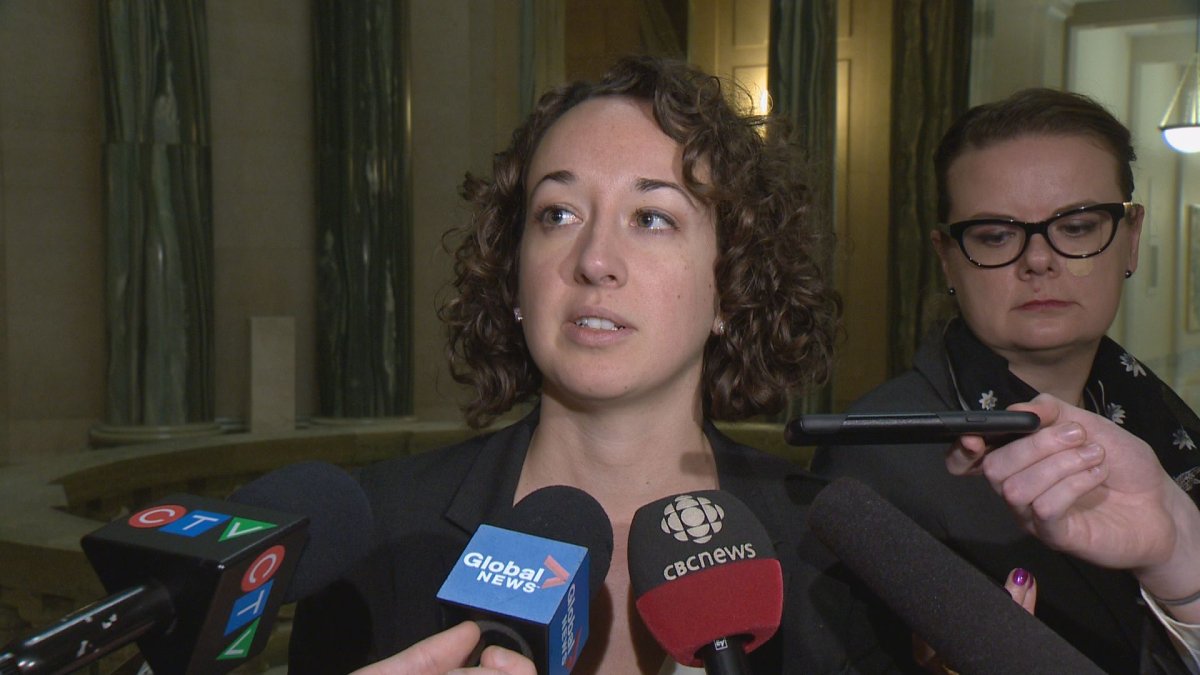For the fourth time in two years, justice critic Nicole Sarauer has brought legislation before the house as an introductory to allow those fleeing domestic violence or abuse up to five paid days off work and 17 unpaid days off work.

The province currently allows for up to 10 unpaid days off.
“The studies show that the impact this will have on businesses is very minimal, especially when you consider the cost to business when you see turnover of employees,” Sarauer said.
In response, Justice Minister Don Morgan brought up the province’s track record, including the 10 days and allowing domestic abuse victims the ability to break a lease without penalty if that is necessary to escape their situation.
“We’ll watch over the next period of time and see whether that’s providing a good support or not,” Morgan said, referring to the 10 unpaid days off.
In addition to this, the ministry is continuing consultations with police agencies over potentially introducing a version of Clare’s Law. This British law allows police to disclose information about a person’s past that relates to past domestic violence related charges and/or convictions.
- Alberta to overhaul municipal rules to include sweeping new powers, municipal political parties
- Canada, U.S., U.K. lay additional sanctions on Iran over attack on Israel
- No more ‘bonjour-hi’? Montreal mayor calls for French only greetings
- Trudeau says ‘good luck’ to Saskatchewan premier in carbon price spat
“We’re the first ones that are doing it in Canada so we want to make sure we do it right,” Morgan said. “We want to make sure we don’t have problems with breach of privacy that get tit struck down before we start, and also that it’s effective and workable for the police.”
Morgan said that potential legislation will not be ready by the end of the spring session, but it may be introduced in the fall.
Sarauer has been vocal during her time in government to do more to help victims of domestic abuse, but has reservations about Saskatchewan introducing a version of Clare’s Law.
“Frankly I’ve been getting mixed responses. One of the main concerns I’ve heard from those who work directly with survivors of domestic violence is that Clare’s Law puts the burden back on survivors to go out and get that information about a prospective abuser,” Sarauer said.
“There’s a concern it would be putting the blame on a survivor.”
Regina YWCA CEO Melissa Coomber-Bendtson has previously shared concerns about Clare’s Law with Global News.
Saskatchewan consistently has the highest, if not among the highest, rates of intimate pattern violence in Canada.
Last May, then justice minister Gordon Wyant tabled an interim domestic violence death review. He does not have a specific date for when the completed report will be released, but has been told it will happen in the coming weeks.




Comments